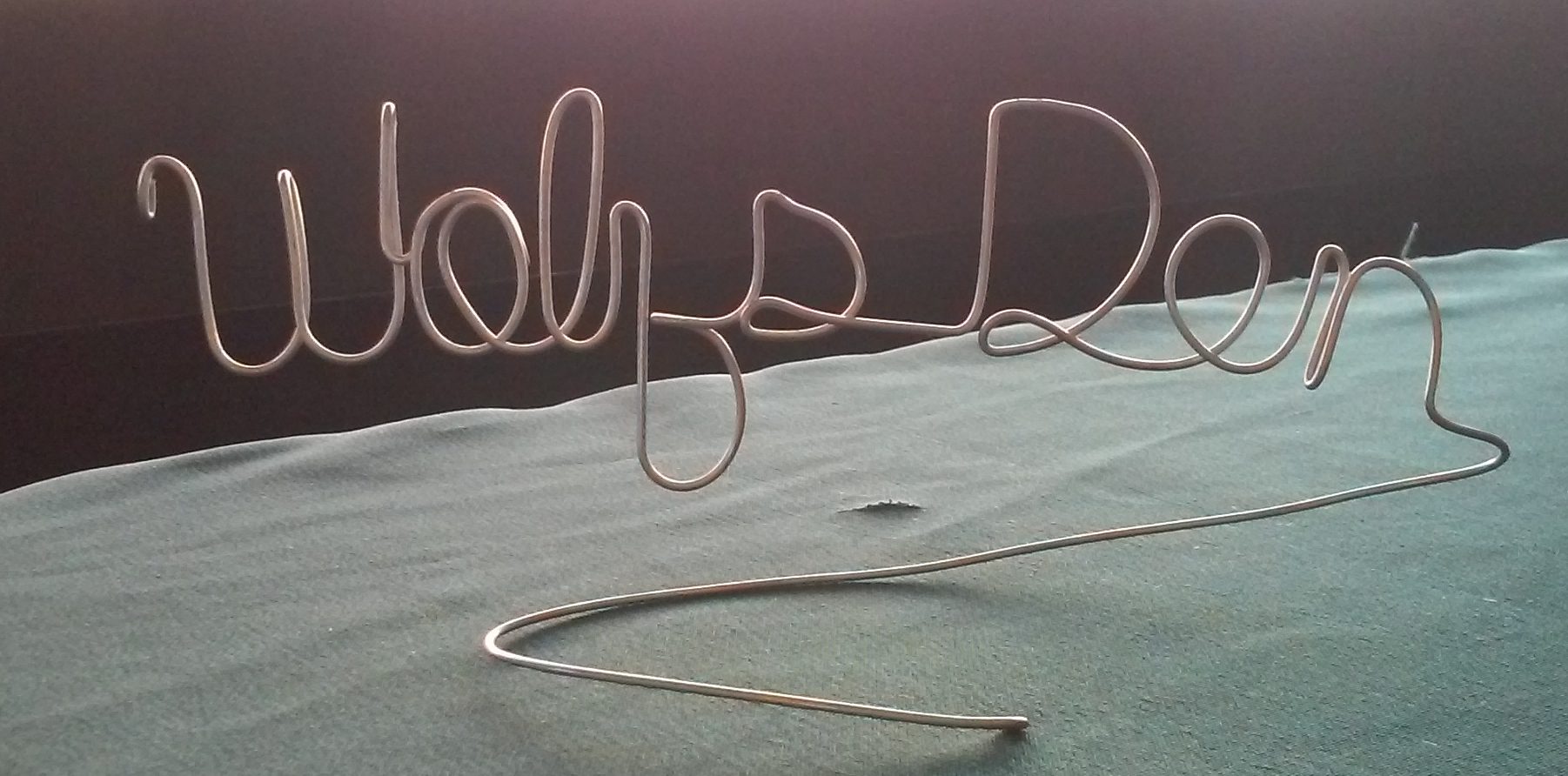The trials and tribulations
– according to Wiggins –
Knowledge crystallizes to clarity in the rear-view mirror.
I have a relative (also a writer) who’s always my first beta-reader to all my manuscripts. (Well, there is one manuscript I won’t let her read… but that’s a whole other topic that doesn’t belong here, or in the light of day.) Why do I always go to her first? Because she’s the most brutal—making all subsequent beta-readers seem like angels.
Critiquing, also referred to as alpha-reading and beta-reading, can be tough—whether you’re giving or receiving. Only on the rare occasion does it snag a 100%-this-is-perfect-change-nothing result. The adage, “Hope for the best, expect the worst,” is a good mindset to have when embarking on a new critiquing venture. Do yourself a favor by also keeping in mind that everyone is an individual, each with their own opinions, likes and dislikes, triggers, and stylistic preferences. Some like light and airy—think more lavender—narrative prose, others a deep royal shade of purple; and just as many prefer less prose and more action.
Unless you’ve worked with the beta-reader before, or know them personally, then you’ll have no way of knowing what sort of literature they prefer. You won’t know their triggers, and therefore what elements in your story they may find deeply disturbing. As far as I know, there is no such thing as a beta-reader application. Even if there was, no doubt it would be off-putting to ask a potential reader to fill one out first before reading your manuscript.
Also keep in mind that beta-readers (or ‘critter’ – a commonly seen reference as critiquer is not a real word and ‘critic’ often comes with harsh undertones) vary in their style—their approach, if you will. Some will do deep edits, much like a line-by-line edit, and this too can vary: from a dissection of nearly every sentence, to simply a handful per page with the implied ‘you-get-the-idea’ message (the ‘message’ being: you need to apply this example line-by-line section throughout the manuscript… because you repeat the same ‘mistake’ over and over again!)
Then there are what I call, “The Questioners”, and that’s exactly what they do: question everything. The first time I got a manuscript back from a questioner beta-reader, I’ll admit it was frustrating. ‘When did ‘some other’ event happen to cause this now important event to happen? Why would ‘character’ say that? Where did they come from? How is there a tree here? Where did ‘side character’ go? What’s this? Would they be allowed to stay up so late? Who said this? How did character-A know character-B was lying? Why is she so angry?’ And all of these questions (more actually) just in one chapter! The rest, a continuous interrogation! It took a smidge of time, but I realized how valuable those questions were. Not all, but a good many of them, helped me a great deal—particularly with adding more dialogue in a manuscript that was lean on the word count and could stand the additions.
Another style of beta-reading is what I refer to as, “The Summarist,” or, “Summarizer”. Their comments are few and far between throughout the manuscript, and line-by-line edits are rare-to-non-existent. Rather, they give overall story summations, of the opinion variety, of what worked for them and what didn’t. These summations can be in-depth, such as a blow-by-blow account of what they liked and didn’t like; or, it could be as simple as a one paragraph statement explaining why they liked, or hated, the entire story and/or the characters.
No matter the beta reader style, they are all valuable. Almost always, there is something for the writer to learn and gain from the experience. Sometimes it takes a moment for the feedback to sink in. Other times, lightning strikes and it’s an instant light-bulb epiphany. Either way, you’re lucky to have the beta-reader and their feedback.
Besides, you haven’t really lived until someone counts all your -ly adverbs.
Now for the parent-like lecture:
There is a certain level of etiquette you need to employ. It’s not rocket science, just simple civility and manners. This is extremely important when entering into a new beta-reading relationship. ‘New’ being the keyword here. You can’t be showing your horns, or ass, with someone you’ve only just ‘met’. If you don’t like what they have to say about your manuscript, don’t sweat it. Even a ‘this-is-crap’ opinion can be a learning experience. Ideally, you’ll have several beta-readers and then you can vet the ‘this-is-crap’ opinions against the ‘loved-it’ ones and come to some middle ground that’s helpful to you.
Never forget, though, that it is your story and you are the one who makes all final decisions on what stays, goes the way of the dodo, or what more to add. Keep old versions by however way works for you.
Criticism can be useful, can help you see the flaws and where you may need to make improvements. Hopefully, the criticism is constructive because that’s when it’s most likely to sink in. When it leans more toward ‘deconstruction’ (destructive), it can be stifling, especially if it insults you, your characters, or your writing. After pausing to consider whether or not you did indeed hand over a messy first draft to someone (therefore somewhat deserving of a few insults), then the next course of action is to not give that particular beta-reader any more of your work. Thank them kindly for their time and then head for the nearest exit, understanding that not everyone on the planet is going to adore your writing style and/or story concept.
*Very Important Tip: Never topple a bridge. If you do, you will regret it sooner or later.
Think about it, most likely they are reading your manuscript and providing feedback for free. Remember this always, no matter what knowledge you gained, or didn’t gain, from the experience, someone else read your story. And having people read your story is what it’s all about—that is the goal!

